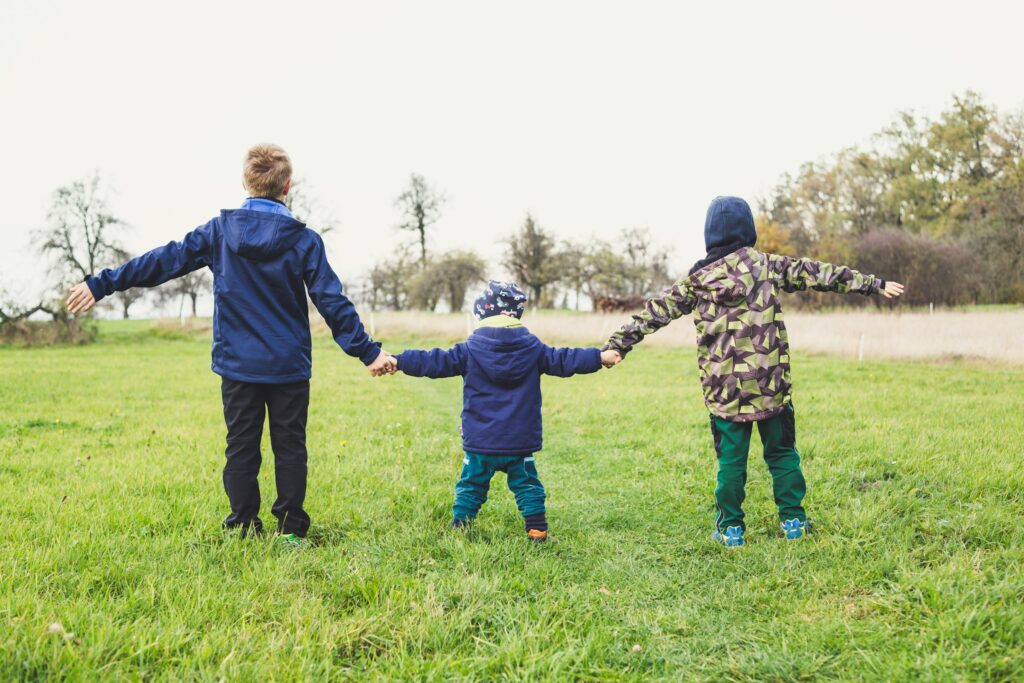Afleiðingar takmarkana vegna Covid-19 heimsfaraldursins fyrir leikskóla á Norðurlöndum
Rannsóknin hefur það að markmiði að afla frekari þekkingar á áhrifum heimsfaraldurs Covid-19 á leikskólastarf á Norðurlöndunum: Hverjar helstu áskoranirnar voru, hvaða lærdóma megi draga og hvernig hægt sé að nýta þá í þágu hins Norræna leikskólakerfis. Samkomutakmarkanir, lokanir og skerðingar á leikskólastarfi vegna heimsfaraldursins verða skoðaðar í ljósi áhrifa þeirra heilsu, velferð, þátttöku og inngildingu barna, foreldra og kennara á Íslandi, Danmörku, Noregi, Svíþjóð og Finnlandi.
Eigindlegum og megindlegum aðferðum verður beitt til þess að dýpka skilning á afleiðingum COVID-19 faraldursins fyrir leikskólastarf og fjölskyldulíf. Vísindalegt gildi rannsóknarverkefnisins er talið umtalsvert, vegna þess að hægt væri að nýta niðurstöðurnar í stefnumótunarvinnu sem miðar að því að undirbúa stjórnvöld og fagfólk innan leikskólanna fyrir áföll sem gætu falið í sér álíka röskun á daglegri starfsemi og hvernig koma mætti betur til móts við þarfir barnafjölskyldna á óvissutímum. Slík þekking væri verðmæt og kæmi börnum í viðkvæmri stöðu (t.d. þeim sem eru með sérþarfir eða þurfa á félagslegum stuðningi að halda) sérstaklega til góða. Vonast er til þess að hægt verði að nýta niðurstöðurnar til þess að renna frekari stoðum undir félagslega sjálfbærni leikskólastigsins á Norðurlöndunum og auka þekkingu og seiglu innan menntakerfisins fyrir samfélagsleg áföll framtíðarinnar.
In English:
Exploring Practicies in Early Childhood of Tomorrow (EXPECT): Develop resilience in social sustainable childhoods after Covid-19
Preparing preschools for future pandemics is an essential aim for the Nordic preschool system, as the Nordic model plays a crucial role in ensuring that all children have equal opportunities to learn, develop and ensure their well-being.
It is relevant to the political priority areas in the ECE field in all the Nordic countries. Therefore, the project investigates the experiences of environmental and participatory adaptation during and after the pandemic, as well as the consequences for preschools in connection with COVID-19 across the five Nordic countries: Denmark, Norway, Sweden, Finland, and Iceland.
The conceptual logic within EXPECT is that resilience in social sustainability for all children is achieved through participating in preschoolers’ daily social practices. In that sense, resilience and social sustainability are not measurable in a study like this. Still, elements such as participation, play, children’s communities, and the system’s view on the child are elements that contribute to the processes of creating resilience in social sustainability. Activities, and the experiences of accessibility to them as well as participating in them, can be assessed, as well as the social climate of preschools.
Qualitative and quantitative methods will be employed to expand the current understanding of the consequences of the COVID-19 pandemic and what ECE in the Nordic countries can learn from experiences with the crisis. The project adopts a sequential mixed-methods design.
This will contribute to a cross-cultural and multidisciplinary picture to ensure resilience in social sustainability in early childhood education in the event of future pandemics, through bringing together findings across the EXPECT studies.
The mixed method approach uses an innovative design and aims for dialogic processes to develop, assess, and calibrate data through collaboration between data, researchers, and practitioners. Bringing data together emphasizes user participation and includes practitioners from the ECE sector as co-researchers.




